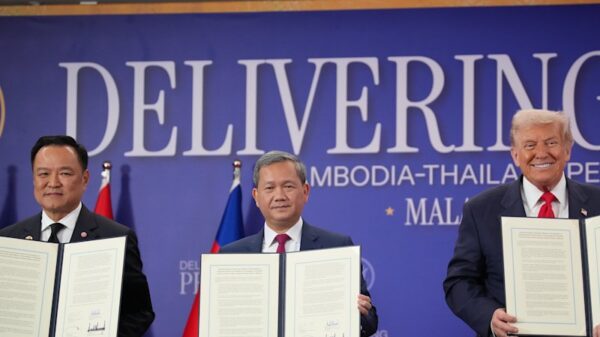Nurses and midwives in Queensland have overwhelmingly approved a new wage agreement that promises significant improvements in pay and working conditions. More than 83 percent of the Queensland Health workforce who participated in the ballot accepted the offer from the Crisafulli Government. This deal is hailed as providing nation-leading wages and conditions aimed at attracting and retaining healthcare professionals in rural and remote areas.
The agreement includes an 11 percent wage increase over three years, which features a 3 percent uplift in the final year as part of the Government’s Election Commitment. Additionally, it introduces a groundbreaking double-time rate for overtime shifts, a first for the nation. Enhancements to career structures are also included, aiming to make nursing and midwifery professions more appealing.
According to Tim Nicholls, Queensland’s Minister for Health and Ambulance Services, this pact is a historic achievement for the state’s healthcare workers. “Just as we promised, we have delivered a nation-leading agreement for our nurses and midwives, with an 11 percent wage increase over three years and double-time for overtime,” he stated. Nicholls emphasized that the agreement prioritizes the needs of nurses and midwives working in challenging environments.
The deal will now move forward to the Queensland Industrial Relations Commission for formal certification, marking a significant step in the ongoing effort to bolster the healthcare sector. Nicholls lauded the collaborative approach taken by Queensland Health and the unions to reach this agreement, which he believes is essential for maintaining a robust healthcare system.
In addition to the agreement for nurses and midwives, the Crisafulli Government has also secured support from Queensland’s Medical Officer workforce, which includes junior and senior doctors, registrars, and specialists. This cohort has agreed to the terms of the MOCA7 deal, which aligns with the Government’s central wage policy and incorporates inflation-linked increases should inflation rates exceed guaranteed levels.
Medical officers will also receive backpay effective from July 1, 2025. Minister Nicholls noted that the agreement aims to enhance healthcare delivery across the state, particularly in regional and remote areas. “Queensland’s medical officers are dedicated, resilient, and unwavering in their commitment to delivering quality care in their communities,” he remarked.
The new wage agreements reflect an effort to address workforce shortages in healthcare, particularly in underserved areas. With targeted incentives to attract, recruit, and retain doctors, the government seeks to ensure that quality medical care is accessible to all Queenslanders, regardless of their location.
As these agreements take effect, they are expected to not only improve the lives of healthcare workers but also enhance the quality of care available to the community. The successful ballot is a testament to the collaborative efforts of both the government and healthcare professionals to secure a better future for Queensland’s health services.





























































